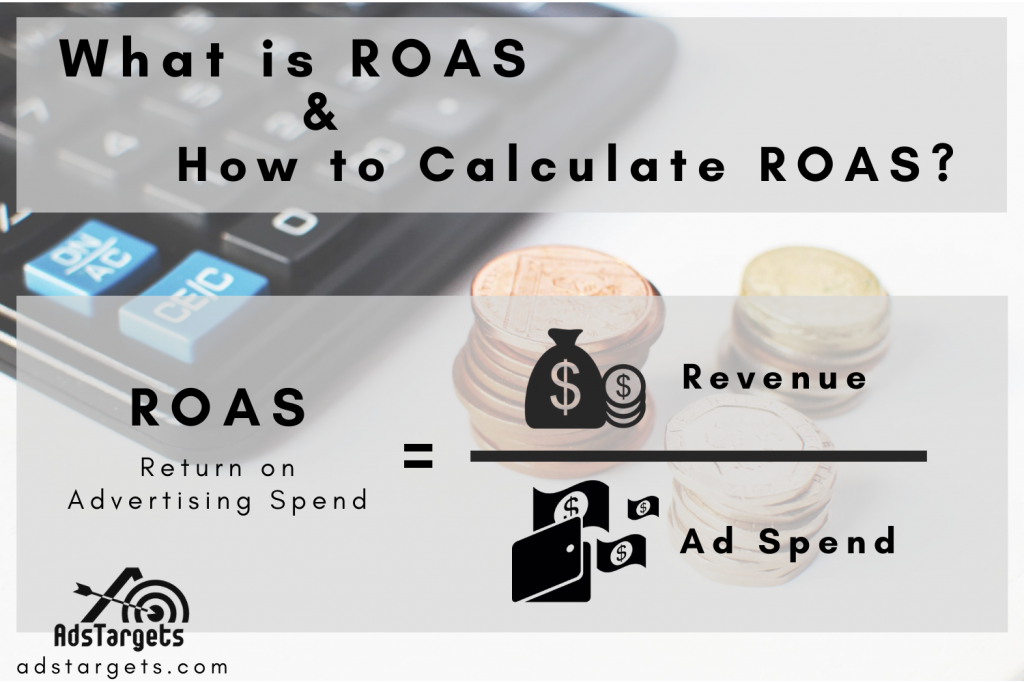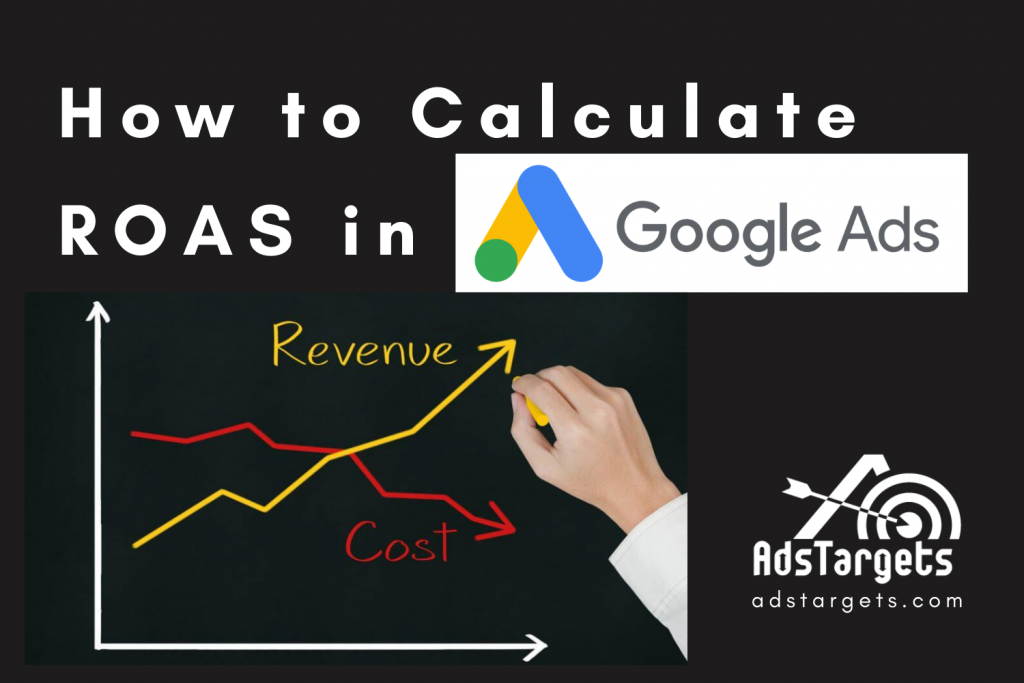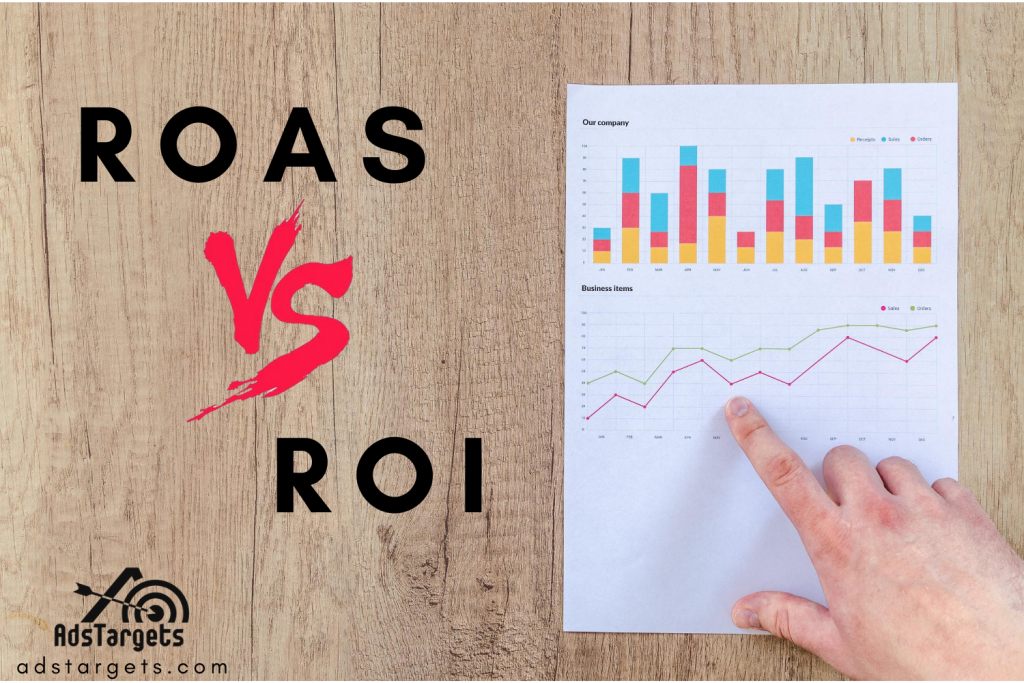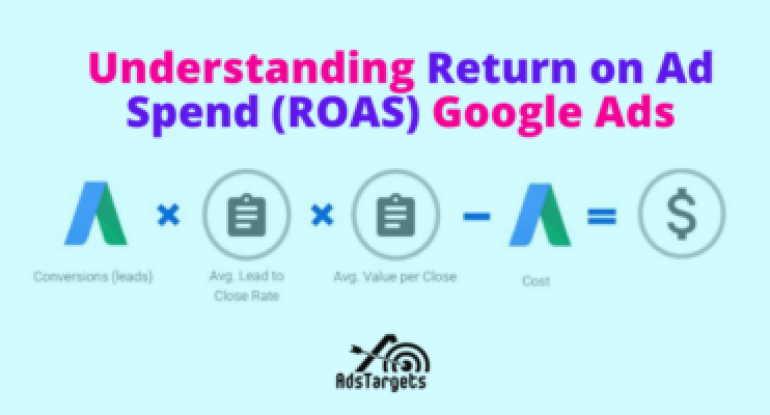Understanding keys advertising metrics enhance your ad campaigns performance and ensure your ads bring in high ROI.
One of the key metrics is the return on ad spend which shows whether your ads are profitable or not.
unfortunately, though, there are still many advertisers who don’t know what ROAS is and how to calculate it.
If you are one of those who don’t know, then that’s okay, because soon you will find information about it.
Table of Contents
ToggleWhat is ROAS?

ROAS in digital marketing stands for the term “Return on advertising spend.” ROAS is one of the easiest methods of measuring revenue metrics in digital marketing.
ROAS is a metric that measures the effectiveness of an advertisement in digital marketing. By calculating ROAS, you can evaluate whether the ads that you have run are profitable or not.
How to calculate ROAS?
How to calculate ROAS is as follows:
ROAS formula = (Revenue / Ad Spend)
For example, you spend $ 6 on advertising costs in 1 month. Then from the ad, you can make $ 12 in a month. So the ROAS is $ 12 divided by $ 6 = $ 2 or 2: 1 or 200%.
In other words, every time you spend $ 1 on advertising costs, you will get $ 2.
Are these numbers good?
A good or lousy criterion is profit.
Suppose you have a business and you advertise. In that case, as long as you get a turnover that is greater than the cost of advertising and the turnover can cover the capital and operational costs of the business, there are even remnants that can be used to increase business capital, it means you are profitable and it’s good.
How to Calculate ROAS in Google Ads?

To calculate ROAS on Google Ads, you have to install conversion tracking and capture the conversion value printed on the website as revenue.
Google Ads conversion tracking helps you find out what activities are carried out by visitors on the website after they click on an ad, such as: clicking the add to cart button, signing up, or buying your product.
By tracking this activity, you can measure how effective your ad is, and you can get lots of ideas for future improvements.
The difference between ROAS and ROI

ROI and ROAS are two indicators to measure ad performance and strategy. This measurement is critical to understanding digital advertising’s success through a straightforward metric: investment versus return.
ROI in digital marketing stands for “Return on Investment,” which considers the relationship between sales value, product sales costs, and marketing expenses: staff, media, and tools.
This is a financial indicator that investors are very concerned about.
Of course, ROI and ROAS have some differences in digital marketing materials, and customers need to understand each one thoroughly so that their measurement is more precise.
Calculating ROI in marketing is more complex than ROAS because it includes many factors, such as the cost of the product sold. Therefore, ROAS is the most efficient and simple indicator.
When ROAS is high, it indicates the possibility of increasing sales by increasing investment in digital advertising.
Wrapping up
- ROAS is a metric to evaluate the effectiveness of an ad being run.
- To be able to calculate ROAS on Google Ads you must install a conversion tracking.
- If the ROAS value is above 100%, it means that your ad is “profitable” (excluding expenses in other costs).
- When you come across ads with high ROAS values you may need to allocate an even larger budget for these ads.
- Even if a ROAS value is above 100%, your business cannot be certain that it will be profitable because net income will be affected by factors such as production costs, operating costs, partner/vendor costs, and affiliate commissions, profit margins, employee salaries, etc.








